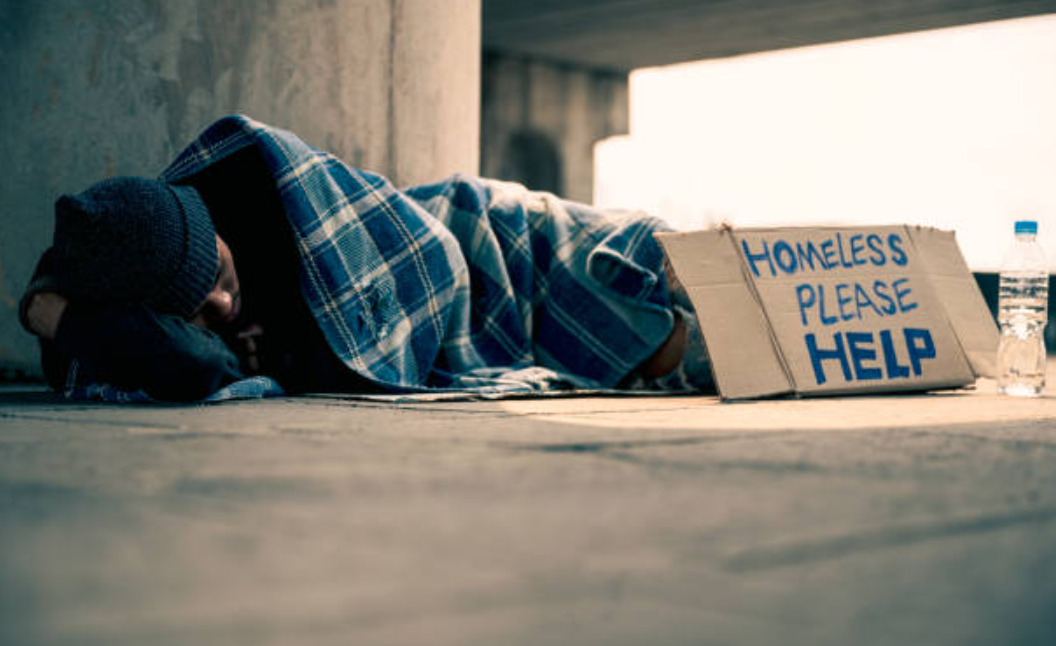A California study in LA County and the SF Bay Area offered 100+ homeless individuals $750 monthly for a year. It revealed valuable insights on how basic income programs affect vulnerable groups.
During the first half-year of this social trial, it revealed information about how the beneficiaries managed and distributed this financial assistance.
Despite popular belief, a significant amount of the $750 stipend roughly 36.6% was spent on meals. Allocation is a stark indicator of the urgent need for nutrition among those experiencing homelessness, highlighting the critical requirement for sufficient nutrition within this population.
A significant portion, nearly 20%, went towards securing housing, while other essentials like transportation, clothing, healthcare, and miscellaneous expenses also received attention.
Ben Henwood, leading the study at the USC Suzanne Dworak-Peck School of Social Work, emphasized the dispelling of stereotypes, asserting that only about 2% of the allocated funds were spent on alcohol, cigarettes, or drugs, with a predominant portion being used for cigarettes alone.
Testimonials from California Recipients

Furthermore, the practical use of this support was demonstrated by the testimonies of the California recipients. Some stressed the value of readily available food supplies, while others utilized it to pay off past-due debts or for urgent needs like auto repairs.
Crucially, the California study highlighted a significant and noticeable improvement in the people who were helped. It demonstrated a noteworthy improvement in the recipients’ situations or general well-being as a consequence of the assistance they received, indicating a substantial positive change in them.
The proportion of those reporting being unsheltered dropped drastically from 30% to under 12% in the six months of the trial. This stark change, compared to a smaller decrease in the control group, underscores the potential efficacy of providing direct financial aid to individuals in need.
This initiative aligns with a series of similar experiments across different states, including Durham, North Carolina, Denver, Colorado, and Stockton, California. These programs yielded promising outcomes, demonstrating increased employment rates, improved housing stability, and reduced recidivism rates among recipients.
As researchers gear up to release a comprehensive report based on a year of data, the findings from these experiments continue to emphasize the potential benefits of implementing basic income programs as a viable means to support vulnerable communities and address homelessness and poverty at their core.
